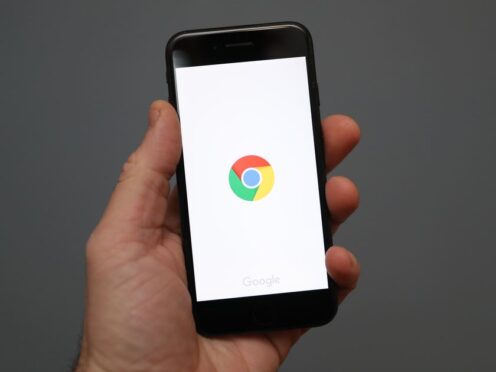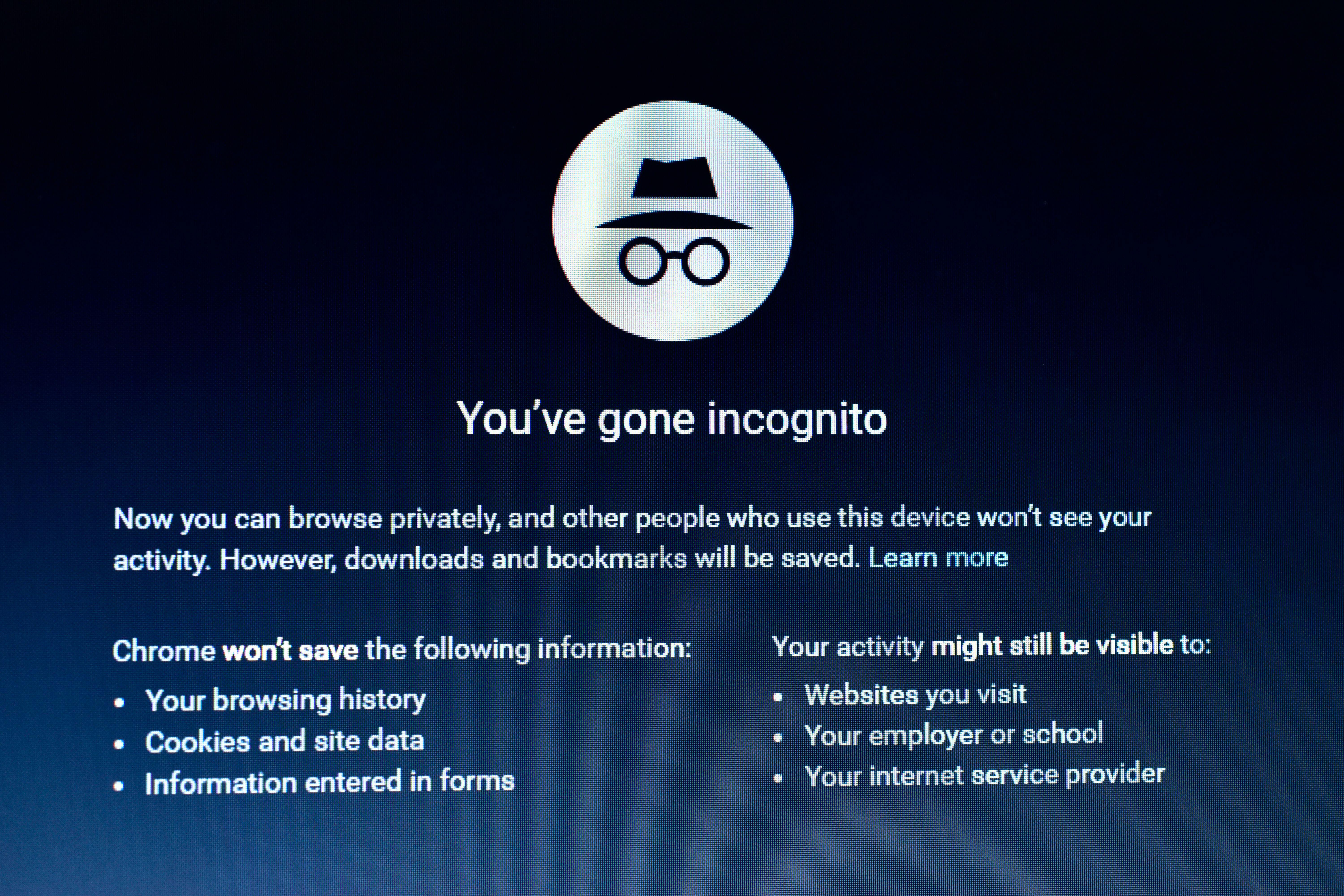
Google has agreed to delete billions of records containing personal information collected from millions of people through its Chrome web browser, as part of a settlement agreement in a lawsuit in the United States.
The lawsuit accuses Google of tracking Chrome users’ internet activity even when they had switched the browser to “Incognito” mode, a setting which is supposed to shield a user from being tracked.
The details of the deal emerged on Monday, more than three months after Google and its legal team disclosed they had resolved a lawsuit brought in June 2020 which focused on the privacy controls of the firm’s Chrome web browser.

The settlement requires Google to delete billions or personal records stored in its data centres, and make more prominent privacy disclosures about Chrome’s Incognito mode when it is activated.
The data deletion also applies outside the US.
The agreement also imposes other controls designed to limit Google’s collection of personal information.
While Google is supporting the deal, it disputes the claims as “meritless”, and said it was only required to “delete old personal technical data that was never associated with an individual and was never used for any form of personalisation”.
In contrast, lawyers representing Chrome users depicted the settlement as a major victory for personal privacy in an age of ever-increasing digital surveillance, according to court papers.
They valued the settlement at between 4.75 billion US dollars (£3.77 billion) and 7.8 billion US dollars (£6.2 billion), based on calculations of potential advertising sales that the personal information collected through Chrome could have generated in the past.

Enjoy the convenience of having The Sunday Post delivered as a digital ePaper straight to your smartphone, tablet or computer.
Subscribe for only £5.49 a month and enjoy all the benefits of the printed paper as a digital replica.
Subscribe